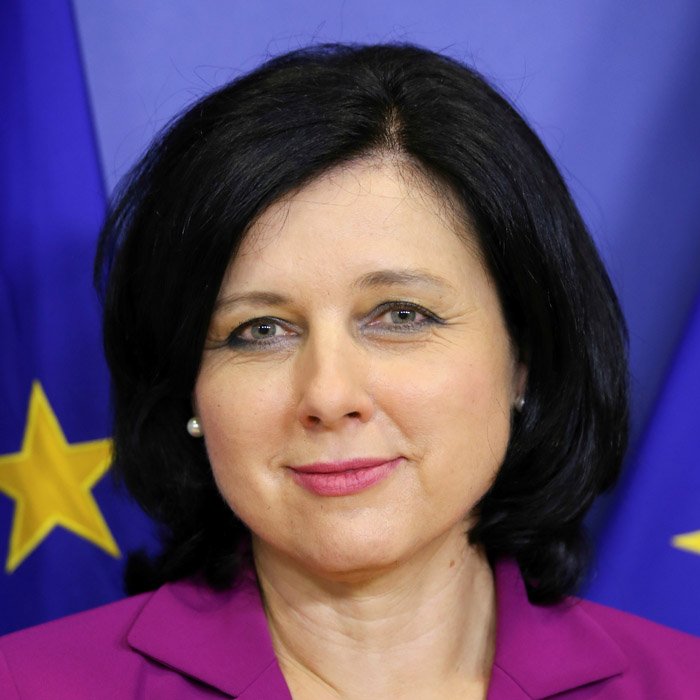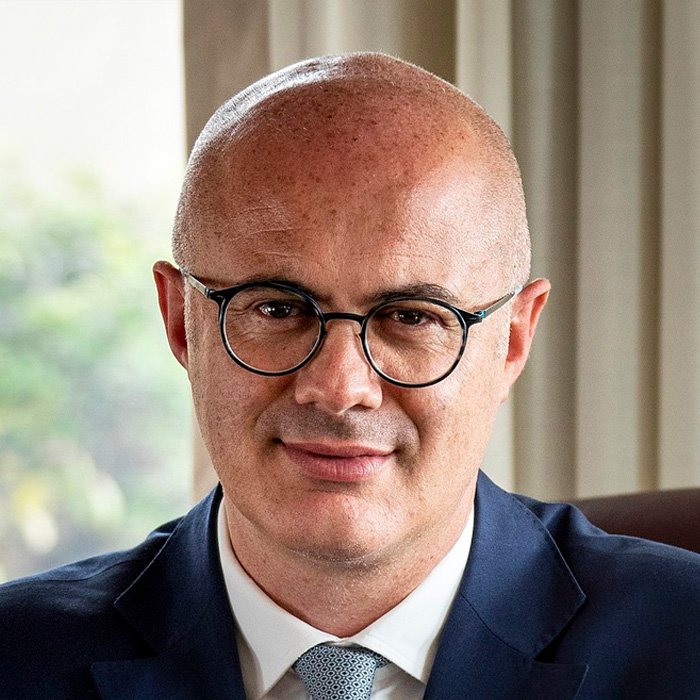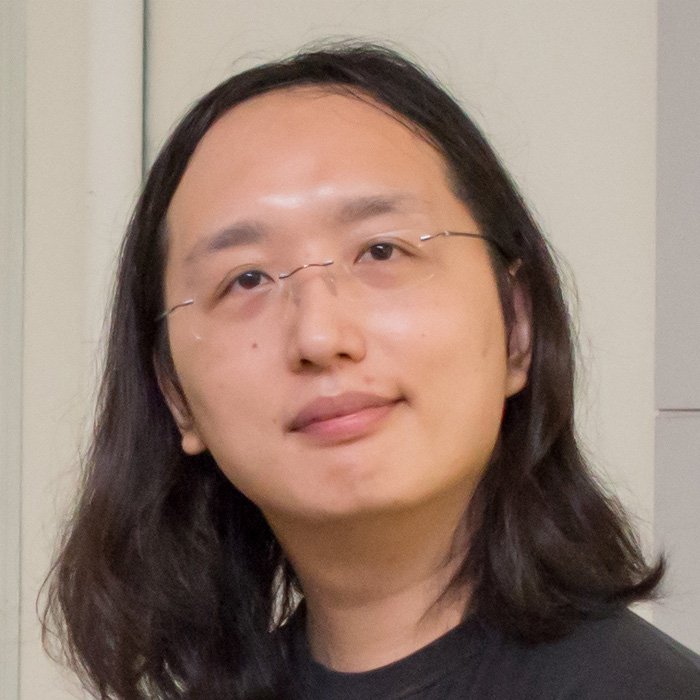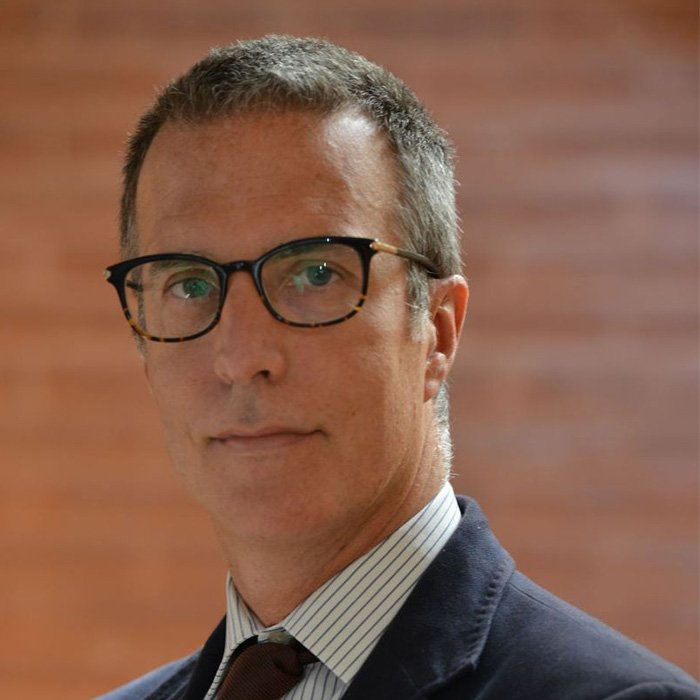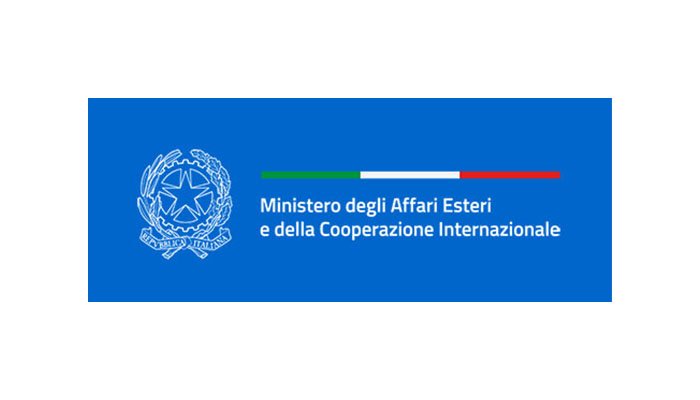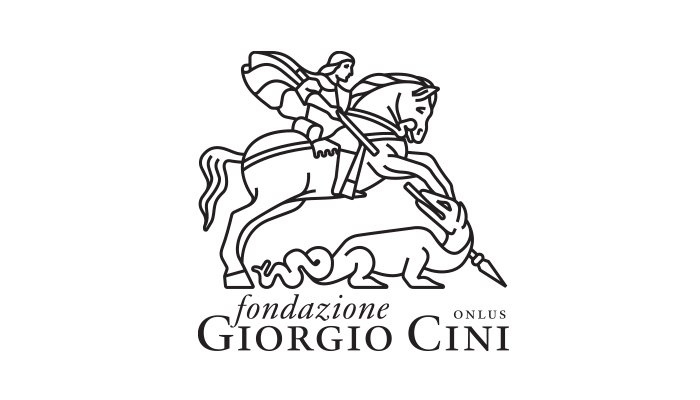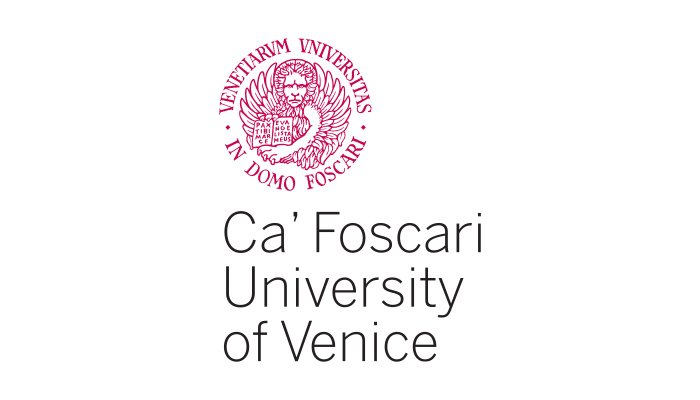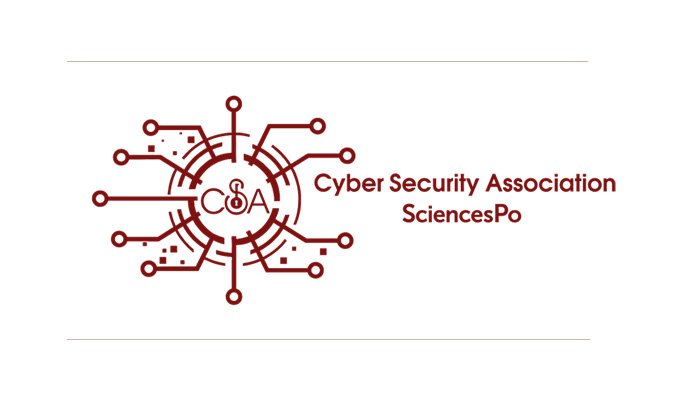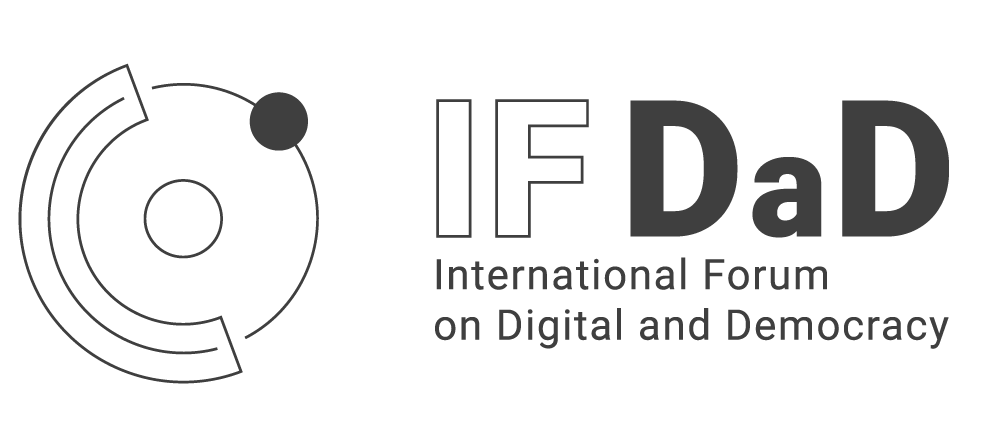In its first edition, due to the restrictions caused by the health emergency, the event took place in a completely virtual setting. All the video content is available.
IFDaD 2020 // first edition // December 10th -11th 2020

INTERNATIONAL FORUM on DIGITAL and DEMOCRACY. Towards a sustainable Evolution
The digital age, featuring the virtual dimension of the world, significantly impacts democracy, dealing with electoral systems, political representations and citizens’; participation. The digital network revolution has scaled up and speeded up the pace of transformation in political organization, participation, information and engagement, weakening the role of the structures which traditionally served as intermediaries.
In this digital age, democracy represents the tension between individuals and society, institutions and organizations, and between rights and duties, especially in critical situations like a health emergency. Digital evolution is supposed to support the Sustainable Development Goal 16 objectives not diverging, as it might seem, from a realistic and sustainable development of human rights.
This effort involves gaining a better understanding and favouring a shared view of how to address the challenges posed by digital technologies, to broaden and strengthen citizens’ participation and to build effective, accountable and transparent democratic institutions.
The two-day conference aims to be a meeting place between politics and academics and a moment of confrontation, promoting international collaboration through the exchange of information, ideas and best practices. Gathering contributions of high-level experts and government representatives from around the world, the International Forum on Digital and Democracy will address the following issues:
- How is it possible to deal with both speed and scale of digital besides the policymaking process, also considering the current analogic “ecosystem” of institutions?
- What should an analysis of guarantees, limitations, obligations, privacy, transparency look like, in the current changing scenario?
- What are the main features of recent experimentations, and which lessons should we learn from them?
- In this fast-paced digital society, how we can build sound hypotheses for the future of democracy?
Home of the Forum is the magnificent island of San Giorgio in Venice, site of the Giorgio Cini Foundation. Venice was chosen for its historical importance in electoral processes. The term “ballot” comes from the “balote” used to cast votes in the election of the Doge during the Republic of Venice. The electoral system of the Doge was probably the longest lasting of humanity, having been in force without change for more than five centuries from 1268 to 1797 and being a milestone of “voting theory”.
INVITED SPEAKERS
With the contribution of high-level experts and government representatives from around the world, the conference will address the following issues: managing speed and scale of digital with the policy making process, considering the current ecosystem of analogue institutions; analysis of guarantees, limitations, obligations, privacy, transparency in the changing scenario; overview of what has been tried and which lessons have been learned; hypothesis for the future.
PROGRAM
Forum’s official language is English. Real time translation into Italian.
Times indicated in the program refer to Central European Time (CET)
VIDEO GALLERY
REGISTRATION
LATEST UPDATES
Due to the restrictions caused by the current health emergency the event will take place in a completely virtual setting. Participation remains free but registration will be required.
Admittance to Day 1 is from 14:00 to 17:30 (CET) – Admittance to Day 2 is from 14:00 to 17:30
The Satellite sessions have limited places to allow all attendees the opportunity to interact with the speakers; registration is now closed.
CALL FOR PAPERS
Laws, institutions and organizations with secular foundations, with their times and human scale are not compatible with the scale and speed of the immaterial world exploited for political purposes.
TRACK 1 | Democracy and political decision
Analysis from an individual standpoint: develop effective, accountable and transparent Institutions. The role of technology in pursuing such aims. Computer aided policy making, civic artificial intelligence. How artificial intelligence could assist citizens in activating their rights, including information and participation rights. The changing role of institutions based on inclusive voting. How e-voting can help the formulation of parliamentary and assembly proceedings (e.g. critical situation like COVID-19). Balance between representative system and direct or deliberative participation.
TRACK 2 Social involvement and participation
Analysis from a society standpoint: ensure responsive, inclusive, participatory and representative decision-making at all levels. How people are engaged and eventually become part of the organization. How people are educated and informed; how the public opinion is formed and can be oriented; how media and platforms should work to promote democracy and human rights (top down flows). Citizen inclusion and digital divide: gender, age, education.
TRACK 3 Participation and functioning of parties
Analysis from a body standpoint: broaden and strengthen the participation of developing countries in the institutions of global governance. How people opinion is collected, structured and analyzed; how people self-organize to form political entities; the role of participatory budgeting, e-Consultation, e-Polling, and e-Legislation [citizen assemblies, popular initiatives, petitions (bottom up flows)]. Parties’ internal operation: frameworks for a political ERP system.
TRACK 4 Information access and integrity
Analysis from a institution standpoint: ensure public access to sound information and protect fundamental freedoms in accordance with national legislation and international agreements. How people are informed about the work of organizations (including PA). Methods to finance political parties and campaigns; methods for countering corruption; how to address the self-propagation issue in the political class (i.e. people getting in power and then doing whatever it takes to stay there and/or get a private financial gain). Big data, fake news and democracy manipulation: after Cambridge Analytica.
IMPORTANT DATES
September 1st 2020 Submission deadline
October 25th 2020 Communication of the Accepted Paper
November 10th 2020 Camera-ready deadline
PUBLICATION
The proceedings of the forum shall be submitted to be published by CEUR in the CEUR-WS.org: AI*IA Series. CEUR is a free open-access publication service of Sun SITE Central Europe. The copyright of each paper remains with the authors, and each author is responsible for maintaining the copyright of the presented material. Note that only papers that are 6 pages or more in length will be published in the forum CEUR proceedings.
IFDaD’20 will not consider any paper that, at the time of submission, is under review for or has already been published or accepted for publication in a journal or another conference. Once submitted to IFDaD’20, authors may not submit the paper elsewhere during IFDaD’s review period. These restrictions apply only to refereed journals and conferences, not to unrefereed forums or workshops with a limited audience and without archival proceedings. Authors must confirm that their submissions conform to these requirements at the time of submission.
BioLaw Journal may consider conference papers in the area of law, artificial intelligence, life sciences and bioethics for publication. Selected papers need to be extended and adapted according to the journal’s requirements.

